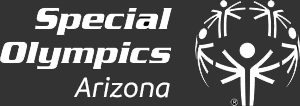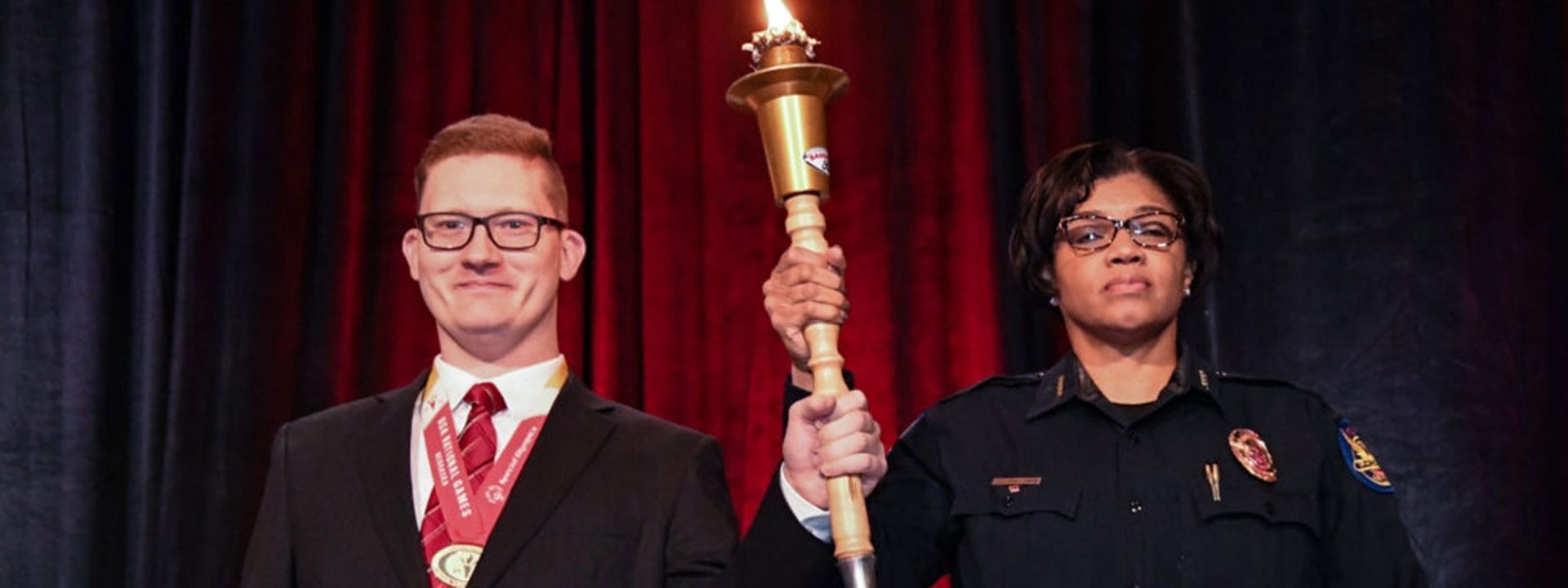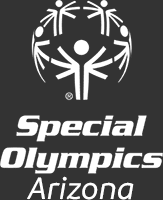Media Contact:
Ryan Woodcock, CruzWood Communications
woody@cruzwood.com, (480) 766-1221
WASHINGTON, D.C. – Special Olympics athletes, organization leaders, Unified Sports partners, and family members from across the United States and the District of Columbia converged on Capitol Hill in Washington, D.C. yesterday (Feb. 11) for Special Olympics’ annual “Capitol Hill Day.” This is the 18th year Special Olympics has organized the event, which will include more than 260 delegates representing 46 states and the District of Columbia. Representatives from Special Olympics Arizona (SOAZ) in attendance include CEO Jamie Heckerman, Staff Member Brenna O’Brien, Teacher Sasha Lysy, Athlete Aidan Dupuis and Unified Partner Micheala Cartrette.
Special Olympics athletes led more than 300 face-to-face meetings with Members of Congress in both the House and Senate, inviting their elected officials to partner with them to support inclusive education and health initiatives for people with intellectual disabilities (ID). Special Olympics Unified Champion Schools® programming is in over 7,500 schools across the United States, with a goal of being in over 10,000 schools by 2024. Special Olympics is also working towards ending health care disparities for Americans with ID. Under the current federal funding agreement that started in 2016, Special Olympics has reached more than 200,000 Special Olympics U.S. athletes with health programming, with a goal of reaching at least 500,000 by 2025.
Special Olympics athletes, serving as self-advocates, educated lawmakers and their staff about the stigma faced by people with ID, and how high-impact and cost-effective Special Olympics programming in sports, health, and education can reduce discrimination. The advocates also requested continued support from legislators for evidence-based programming that benefits all Americans, regardless of ability.
“As our athletes and leaders continue to spread their voice for Inclusion, it is important that we spread this important message at the highest levels, and that includes the U.S. Government,” Heckerman said. “This government support is crucial not only to fund our programming financially but to help preserve laws that guarantee the rights and full participation and integration of people with intellectual disabilities into our society.”
Joining Special Olympics athletes was Special Olympics Global Ambassador and WWE Superstar “Big Show”, aka Paul Wight.
“I have deep respect for Special Olympics athletes and am excited and honored to participate in my first Special Olympics Capitol Hill Day. These extraordinary athletes inspire me every day, and it is imperative we share their stories with decision-makers to advocate for health and education funding.”
In more than 7,500 Unified Champion Schools across the country, Special Olympics has trained and mobilized youth leaders and educators to create more inclusive schools by including students with ID in all aspects of school life. Social inclusion is promoted by bringing together young people with and without ID on sports teams (Special Olympics Unified Sports®), through inclusive student clubs, and by fostering youth leadership. As many as 3.6 million young people are taking part in these experiences, which are increasing acceptance of people of all abilities while simultaneously reducing stigma and bullying.
Special Olympics offers events where Special Olympics athletes can receive free health screenings and health education, and where health professionals are trained to offer year-round health access to people with ID in their home communities. Since the U.S. government’s first investment in 1997 in the organization, Special Olympics has provided over 900,000 health screenings and trained over 116,000 health care professionals and students in the U.S. Globally, Special Olympics has provided over 2 million free health screenings in over 135 countries and trained nearly 280,000 health care professionals on the topic of people with ID.
In addition to federal U.S. government funding, Special Olympics also receives funds from private foundations, corporations, and individuals. Public and private support is critical for Special Olympics to offer education and health programming to participants at no cost.
ABOUT SPECIAL OLYMPICS ARIZONA
The purpose of SOAZ is to empower children and adults with intellectual disabilities to live healthy, fulfilling and meaningful lives. We realize our vision of acceptance and inclusion through health, leadership and advocacy programs, as well as our mission to provide year-round sports training and athletic competition in a variety of Olympic-style sports for children and adults with intellectual disabilities, giving them continuing opportunities to develop physical fitness, demonstrate courage, experience joy and participate in a sharing of gifts, skills and friendship with their families, other Special Olympics athletes, and the community. Follow Special Olympics ARIZONA on Facebook, Twitter, and Instagram.




